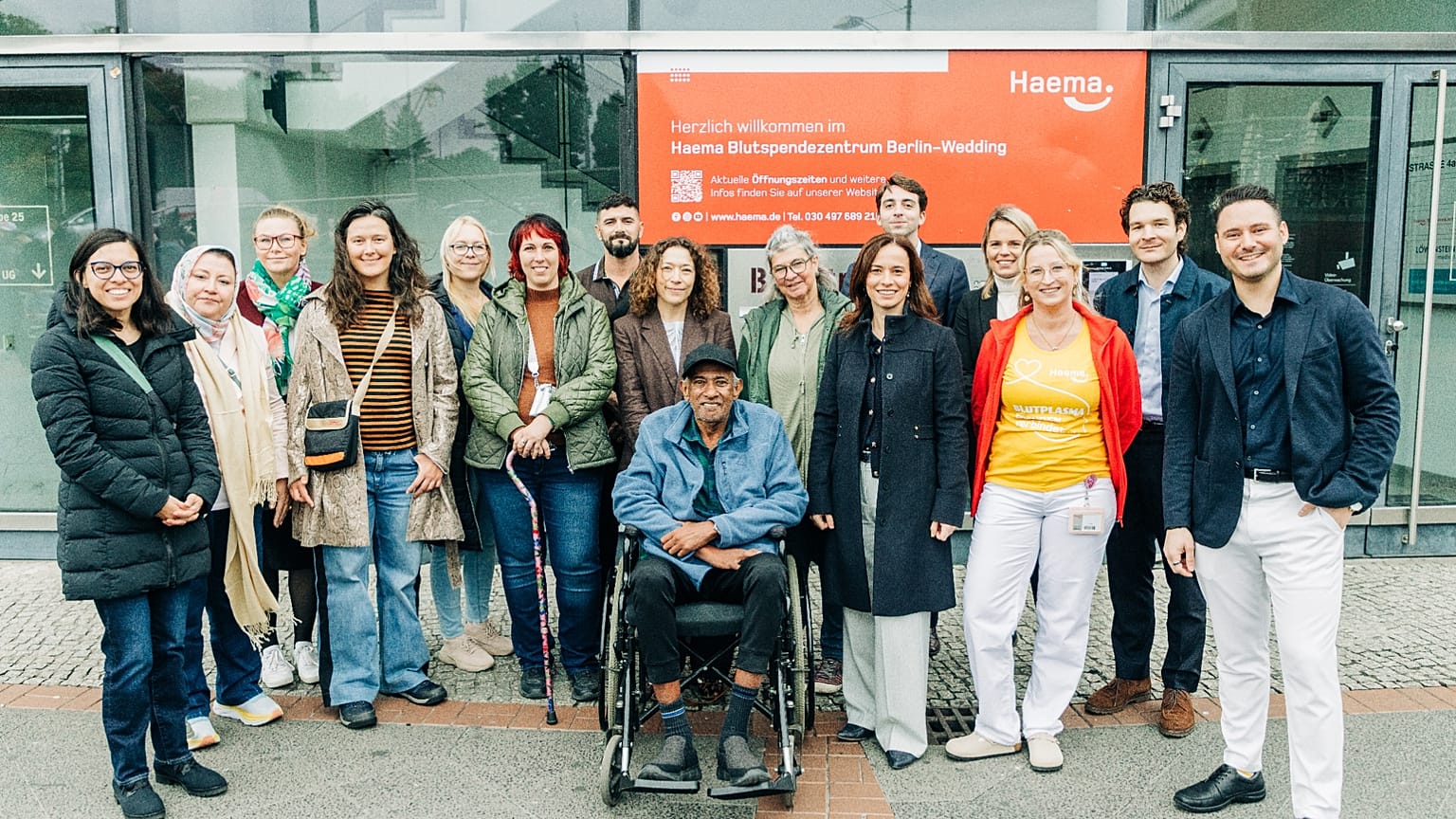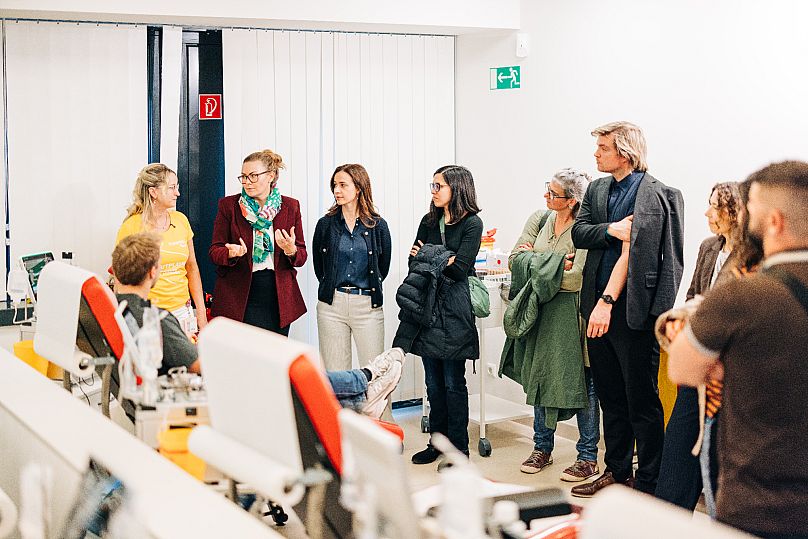By Marilena Vrana
When we think of medical breakthroughs, we rarely think of medicines made from human plasma. However, this golden, protein-rich liquid — accounting for 55% of our blood — is essential for the development of therapies for countless conditions, from rare inherited disorders to immunodeficiencies. Yet, Europe’s supply chain of this valuable resource is extremely vulnerable.
Why? Because plasma is singularly human. Unlike many therapies that can be produced in a lab, therapies made from plasma exist only thanks to the generosity of real people. Each year, more than 12 million people across Europe donate plasma through a process governed by rigorous safety standards set by EU Member States, as well as international safety standards, such as the International Quality Plasma Program (IQPP) and strict oversight by the Plasma Protein Therapeutics Association (PPTA). Yet even this isn’t enough: nearly 40% of plasma used to make medicines for Europe must be imported from the United States. This dependency leaves Europe — and patients with rare and complex chronic diseases — at risk in times of geopolitical or public health crises.
The clinical need for plasma isn’t waning; it’s accelerating. Demand for immunoglobulin, a protein found in human plasma and a critical component of plasma therapies, has nearly doubled in just ten years as more patients are being accurately diagnosed and new therapeutic uses are being discovered. But without committed and consistent donors, Europe could face severe shortages of these critical medicines. Imagine what would happen if a geopolitical rift or the next pandemic disrupted the flow of this irreplaceable resource.
Where do we go from here? The way forward is clear: Europe must ensure robust, resilient plasma collection. This requires recognizing the valuable roles played by both the public and private sectors. In countries like Germany, Austria, the Czech Republic, and Hungary, private plasma donation centres collect about half of Europe’s entire plasma supply — often by offering modest compensation set by EU Member States that, as confirmed by EU health authorities, does not compromise donor or product safety.
It’s time to put aside differences. Private and public models, working in tandem, strengthen Europe’s plasma ecosystem. Governments must recognize the important contributions both parties make, enacting policies that empower all responsible avenues of plasma collection.
This means supporting donor education, streamlining recruitment and retention, and investing in modern infrastructure.
International Plasma Awareness Week, which took place from 6-10 October, served as a prescient reminder that patients' lives, medical innovation, and Europe’s healthcare resilience depend on actions taken here and now.
The ask is simple, but urgent: We need coordinated action — from regulators, patient groups, health care professionals, and industry leaders to build resilient supply chains and modernize collection. We must educate on the value of plasma donation so more individuals are inspired to donate, and no patient endures unnecessary delays or uncertainty.
A secure and sustainable plasma supply chain is possible. But we must act together, and now. Because investing in plasma isn’t just about safeguarding today’s patients, it’s an investment in the future health and resilience of all Europeans.
Marilena Vrana is Vice President for Public Affairs & EU Operations at PPTA Europe


